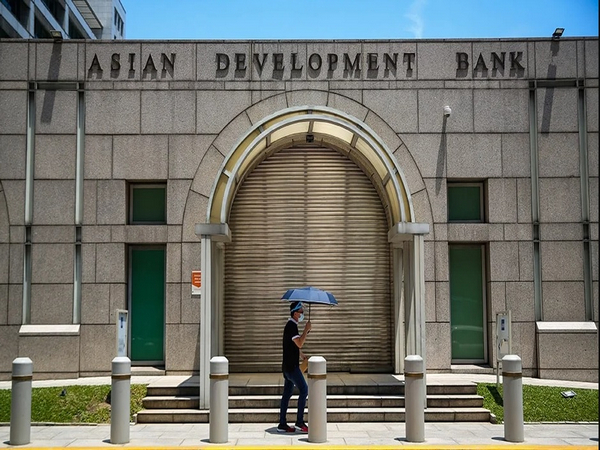
New Delhi: In a bid to foster gender inclusivity in the burgeoning green job market, the Asian Development Bank (ADB) took to social media platform X to highlight the need for empowering women, particularly in the technology sector, as Central Asia navigates the transition toward a greener economy.
"Women make up only 20 per cent of the global energy workforce. However, the anticipated job surge resulting from a green transition could create a unique opportunity for women to enter traditionally male-dominated sectors," ADB posted on X.
The ADB, in its post, emphasised that currently, women constitute only 20 per cent of the global energy workforce, unveiling an opportunity for a significant paradigm shift as the green transition unfolds.
In 2018, the International Labour Organisation foresaw the potential for a monumental shift toward a greener economy, projecting the creation of 24 million jobs globally by 2030 with the right policies in place.
However, this optimism raises a critical question: Will the anticipated job surge narrow or widen the existing gender gap in labour force participation?
Even before the projected job boom, women faced under-representation in occupations critical for the green transition, particularly in Central and West Asia.
The statistics reveal that women comprise only 20 per cent of the global energy workforce and a mere 11 per cent of top executives in global oil and gas.
The transition to green employment poses a challenge, with only 62 women per 100 men considered as "green talent" in 2021--a statistic that has remained stagnant since 2015.
This stagnation underscores significant gender disparities both at the workforce and leadership levels within the broader energy sector.
The Central Asia Regional Economic Cooperation (CAREC) region faces additional challenges for rural women due to the scarcity and unaffordability of clean and efficient energy resources.
Women, primarily responsible for fuel collection and stove preparation, bear the brunt of energy poverty, impacting their time, quality of life, job opportunities, and economic empowerment.
However, the anticipated job surge resulting from a green transition holds the promise of transforming this narrative for women--from vulnerability to active agents of change.
It provides a unique opportunity for women to enter traditionally male-dominated sectors, especially in the burgeoning renewable energy market and other technology and innovation sectors.
The first crucial step involves championing gender equity and emphasising the added value of women in technology sectors like energy, transport, or telecommunications. This necessitates a mindset shift among government and business leaders.
Empowering women in technology-related roles demands concerted efforts to develop their capacities, equip them with requisite skills, and expand their career opportunities.
Overcoming stereotypes is essential to empowering women by allowing them to pursue diverse roles and careers without being confined by traditional expectations.
Addressing gender stereotypes is instrumental in fostering a more equitable and inclusive society.
The CAREC Program, through its Gender Strategy 2030, provides a regional approach to improving gender mainstreaming and strengthening equal access to economic opportunities.
Initiatives include supporting female entrepreneurs, improving access to green financing, and creating economic opportunities through training in technology and innovation.
Promoting regional cooperation through women's professional networks is crucial. The Women in Business Online Community Platform connects women professionals, offering guidance, inspiration, and knowledge exchange. Encouraging more women to pursue education related to the low-carbon transition, particularly in STEM fields, is imperative.
While challenges persist, increasing women's presence in green jobs across technology sectors presents a dual opportunity--providing more employment opportunities for women and meeting the demand for labour during a green transition, contributing to more inclusive and sustainable economic growth in the CAREC region.